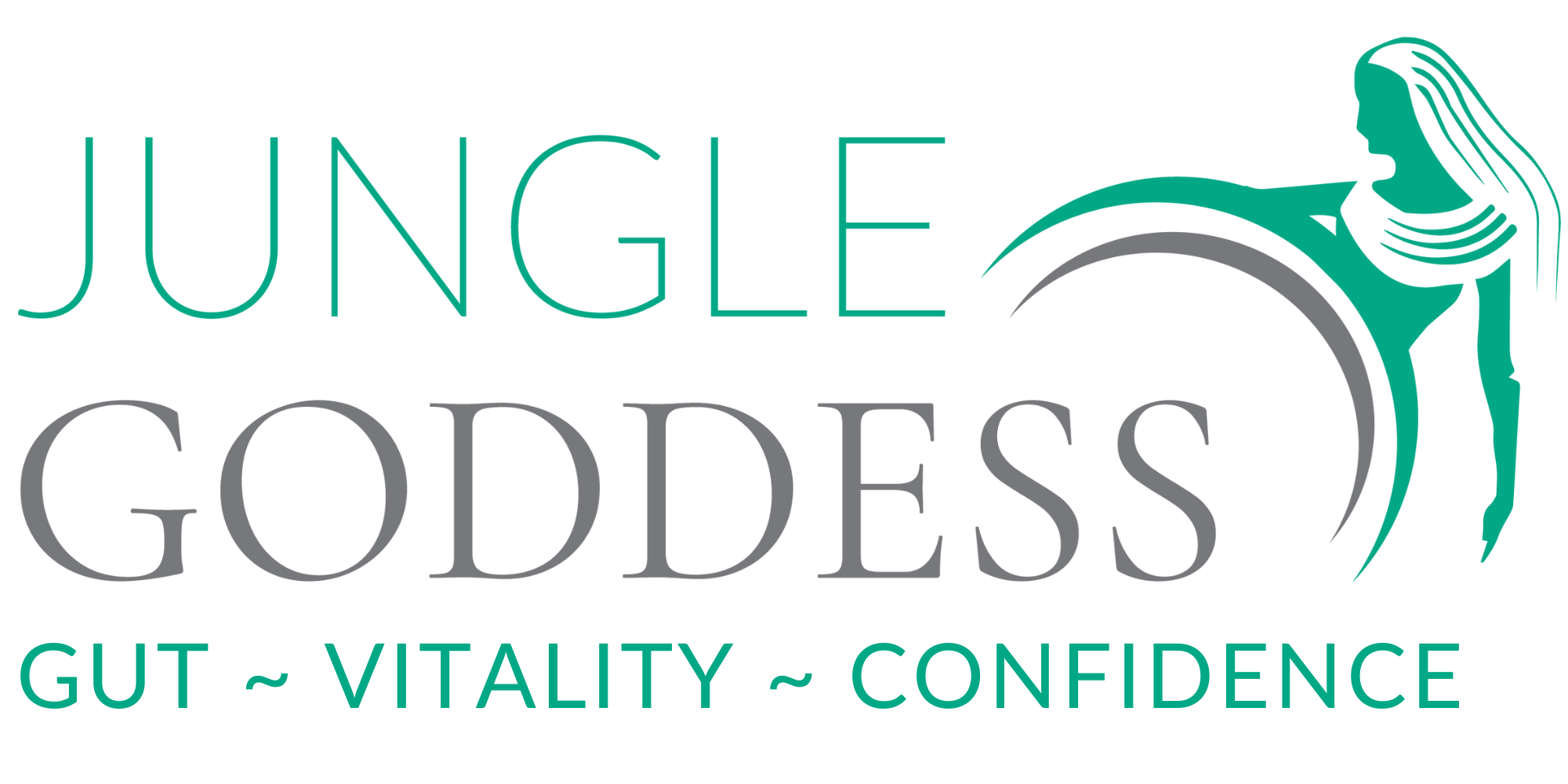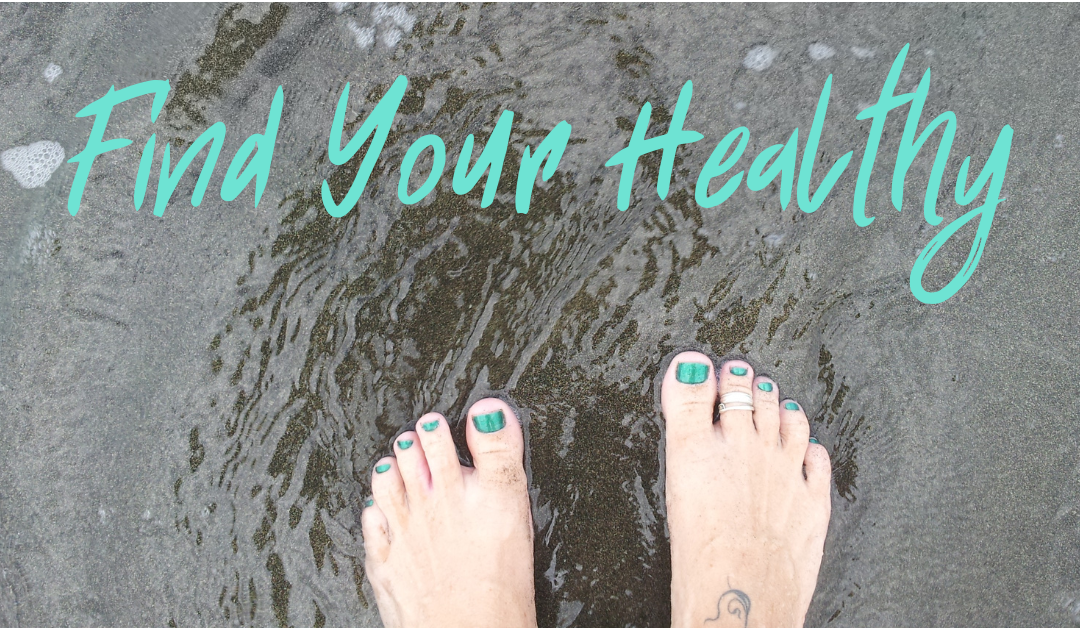Simple Steps To Find Your Healthy
How can you Find Your Healthy with simple lifestyle changes?
It is Find Your Healthy Week and while many people might immediately think of healthy eating, true health encompasses much more than just what we put into our bodies. Being healthy means taking care of ourselves in a holistic way – not just physically, but mentally and emotionally as well. In this post, we’ll explore what it means to Find Your Healthy and offer tips for making small, positive changes to your lifestyle that can have a big impact on your overall health and well-being.

Creating habits
One of the keys to finding your healthy is developing healthy habits that stick. Making small changes to your lifestyle can have a big impact over time, but it’s important to approach these changes with a mindset of long-term, sustainable change. This means setting realistic goals, celebrating small wins, and being kind to yourself when you slip up.
Remember that change takes time, and it’s okay to take small steps forward rather than trying to overhaul your entire lifestyle all at once. Small steps start you on that journey and being consistent takes you the where you want to be.
One helpful tool for developing healthy habits is a habit tracker. This can be as simple as a journal or a digital app that allows you to track your progress over time. By setting goals and tracking your progress, you can stay motivated and accountable to yourself as you work towards finding your healthy.
Get started by downloading this tracker and begin to make positive changes in your life today.
Look Beyond What You Eat to Discover Your Healthy
While healthy eating is certainly an important component of overall health, it’s just one piece of the puzzle. To truly find your healthy, it’s important to focus on all aspects of your lifestyle. This includes getting regular exercise, prioritizing sleep, practising self-care, and finding ways to manage stress.
Nutrition
Healthy Eating is an important part of overall health. A balanced diet that includes plenty of fruits, vegetables, fermented foods, whole grains, and lean proteins can provide your body with the nutrients it needs to function at its best.
Limit processed foods, sugary drinks and excessive amounts of saturated and trans fats and when planning your meals, try to focus on whole, nutrient-dense foods and pay attention to portion sizes.
Help yourself by becoming more label savvy and checking the ingredients. Remember, if you don’t recognise the ingredients as food, it is likely to be highly processed.
When making dietary changes, small changes are best as this allows your body and the bacteria in your gut to become used to the changes gradually, reducing the risk of unwanted symptoms like gas and bloating.
Movement
In addition to healthy eating, regular exercise is also important for overall health and well-being. Movement can come in many forms, from traditional workouts like running or lifting weights to more low-impact activities like yoga or walking. The key is to find a form of movement that you enjoy and that fits into your lifestyle.
Don’t allow the idea of exercise to overwhelm you. If you’re new to exercise, start with just 10 minutes a day and work up to more over time. Remember that any amount of movement is better than none.
Rest
In addition to healthy eating and regular exercise, getting enough rest and sleep is also crucial for overall health and well-being. Adequate rest can help you recharge energy levels, reduce stress, and improve cognitive function. On the other hand, consistently getting insufficient sleep can increase your risk of a variety of health problems, from obesity and diabetes to cardiovascular disease and depression.
To prioritize rest and sleep, try to establish a consistent sleep schedule and create a relaxing bedtime routine. This may include turning off electronic devices at least an hour before bed, dimming the lights, and engaging in calming activities like reading, breathwork or meditation.
How Your Thoughts Shape Your Health Journey
While good nutrition, regular exercise, and adequate rest are all important components for finding your healthy, the way we think about these things can also have a profound impact on our ability to make positive changes in our lives. Our mindset can influence our motivation, our self-image, and even our physical health.
To cultivate a healthy mindset, try to focus on the positive aspects of your life and your health journey, rather than dwelling on setbacks or perceived failures. Practice self-compassion and be kind to yourself, recognizing that change takes time and effort. Surround yourself with supportive people who encourage and inspire you, and seek out resources like books, podcasts, or online communities that can help you stay motivated and engaged.
It’s also important to recognize the power of your thoughts and beliefs. If you find yourself stuck in negative patterns of thinking or self-talk, try to reframe these thoughts in a more positive light. For example, instead of thinking “I’ll never be able to stick to a healthy diet,” try to focus on the small steps you can take each day to move toward a healthier lifestyle. By cultivating a positive and growth-oriented mindset, you can unlock your potential for greater health and well-being.

Finding Your Healthy, One Step at a Time
In conclusion, finding your healthy is about making small, sustainable changes in all aspects of your life – from what you eat and how you move to how you rest, relax, and think. By prioritizing your health and wellbeing, you can unlock your full potential to live a fulfilling and energized life. Remember that change takes time, effort, and commitment, but by taking small steps and building on your successes, you can create a healthier and happier you. So start today, and take one small step toward finding your healthy – your body, mind, and spirit will thank you for it.
Are You Ready to Change Your Gut Story?
You don’t have to manage this alone. Take the first step to feeling better today.

